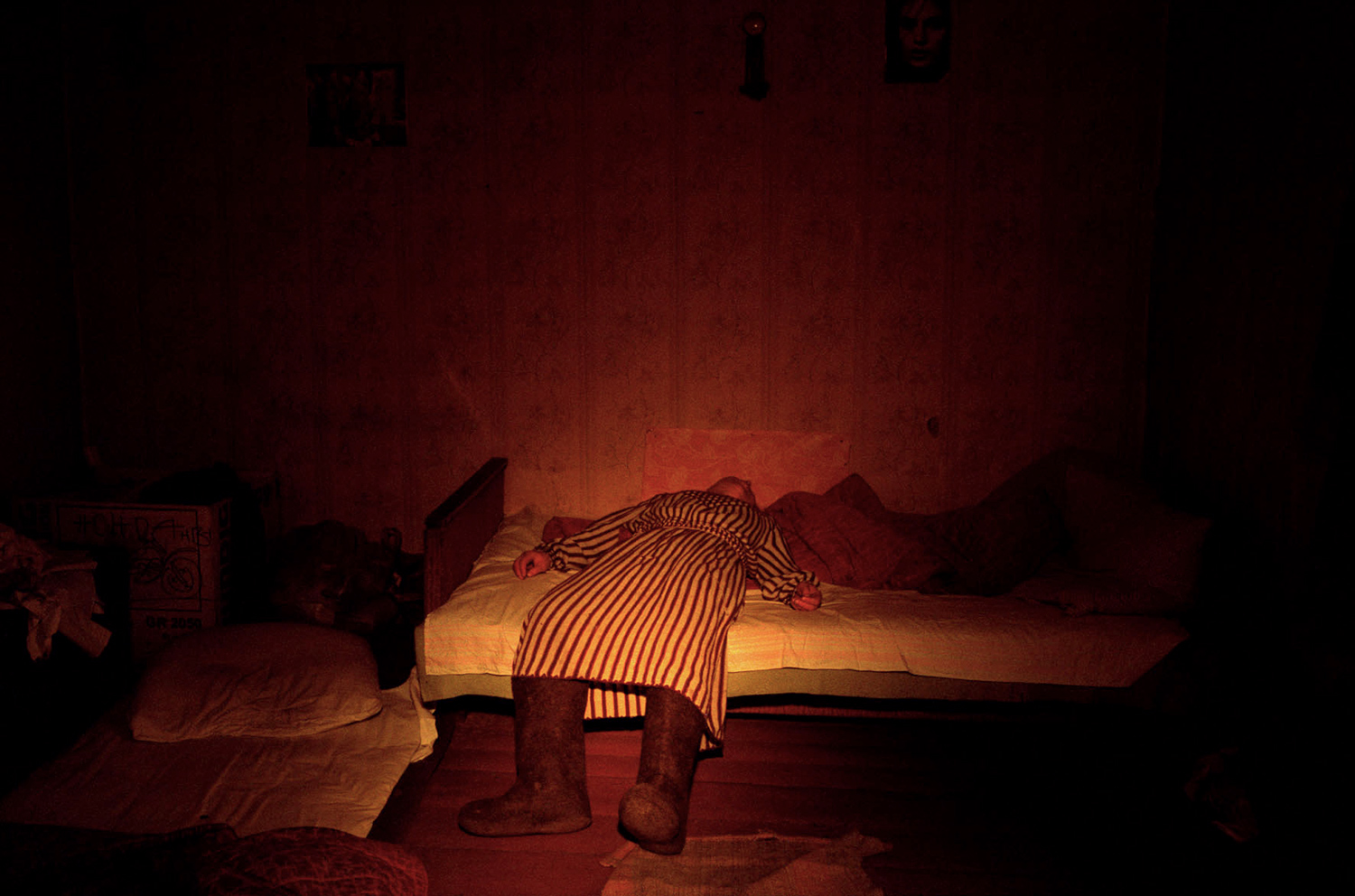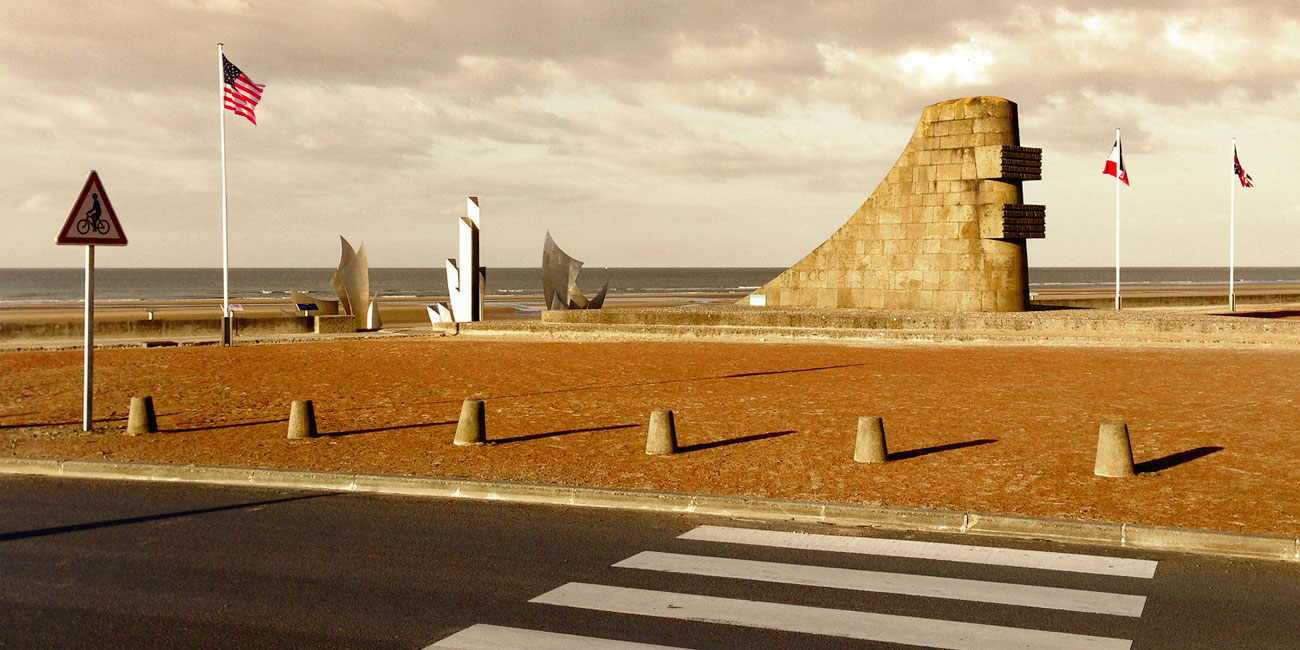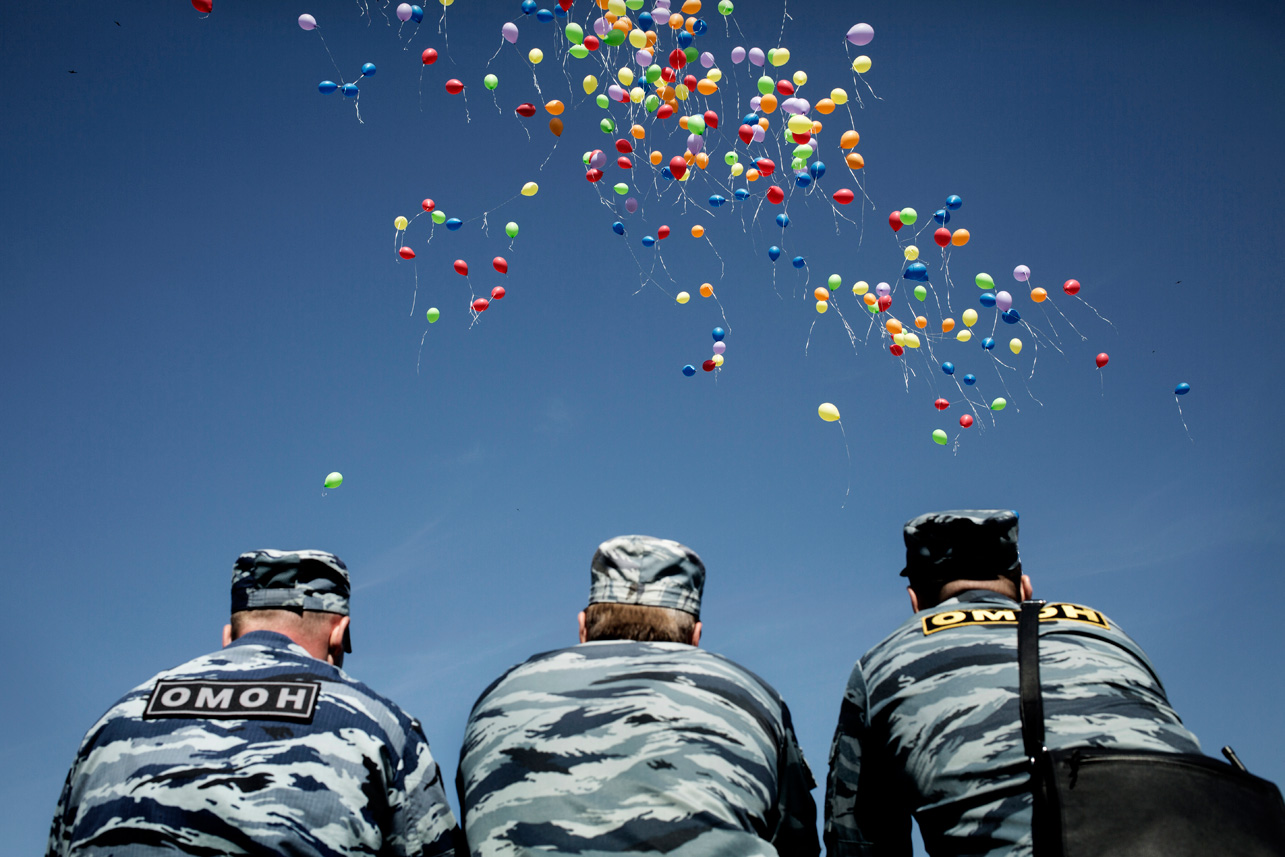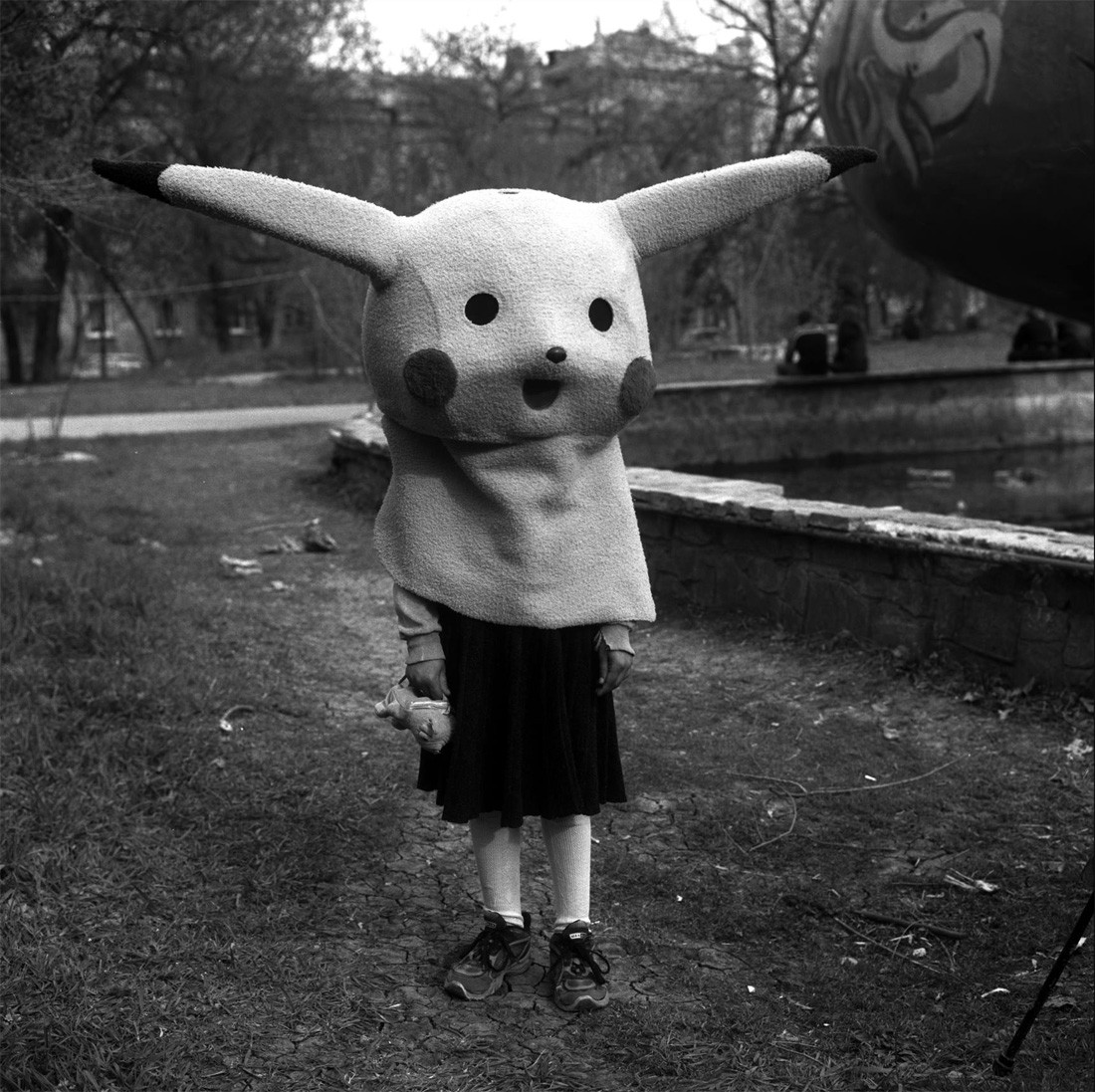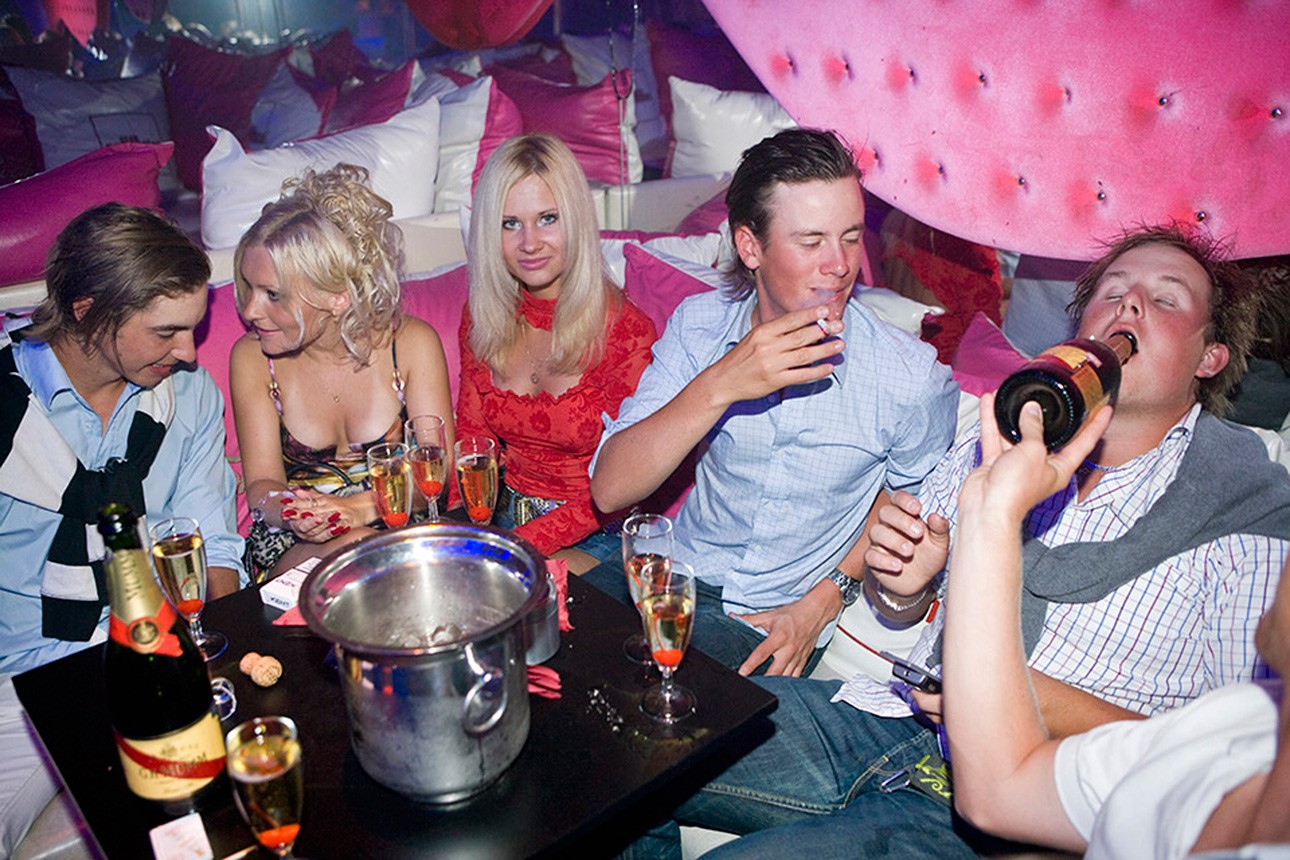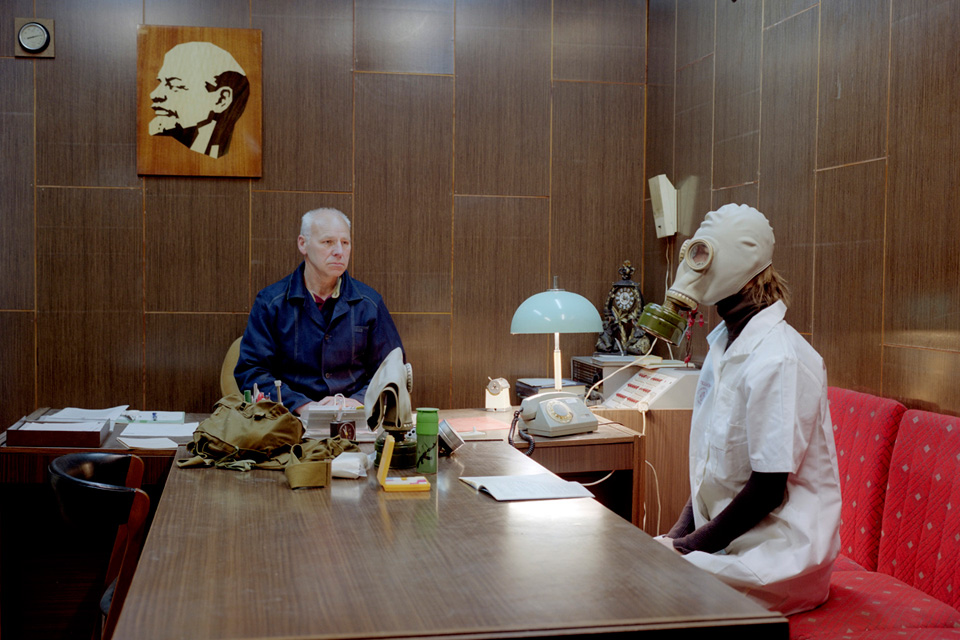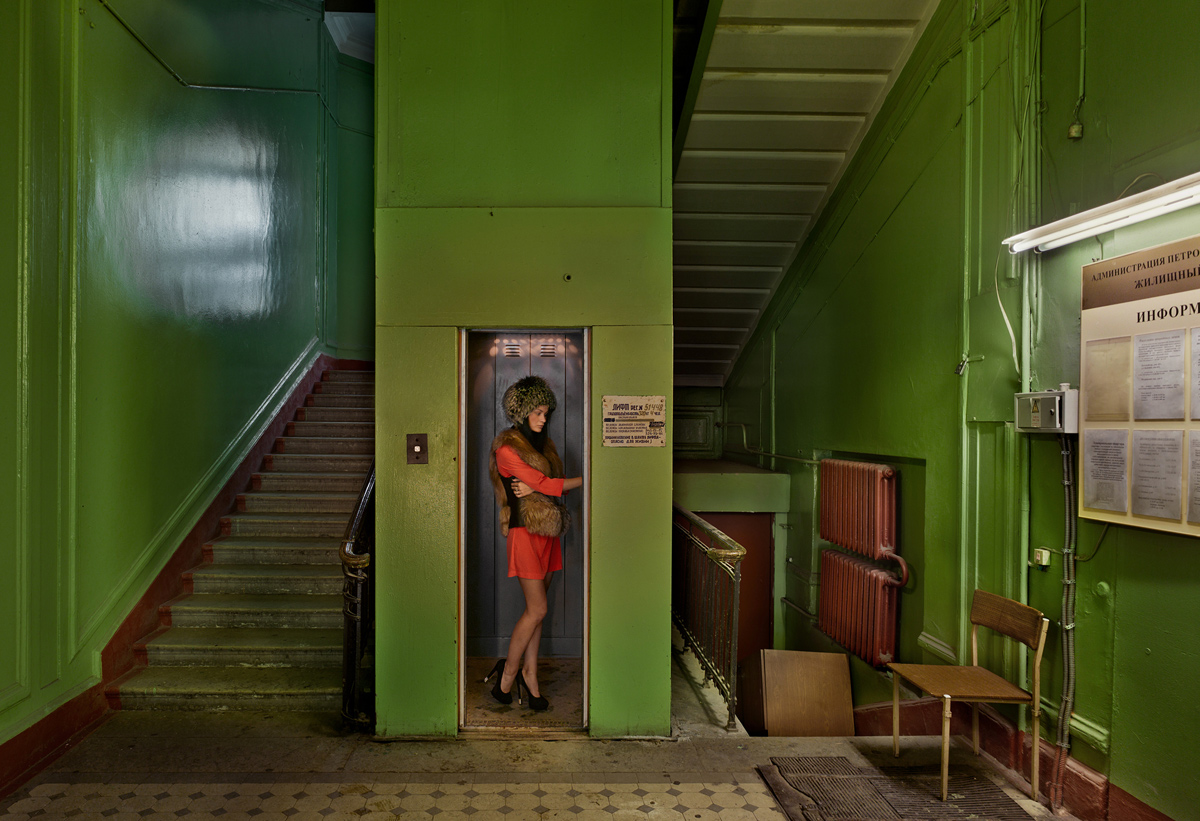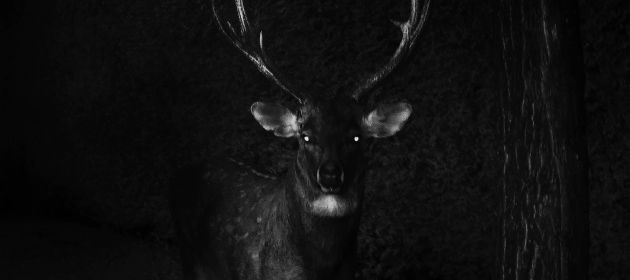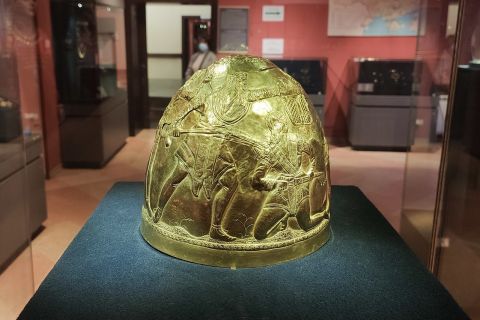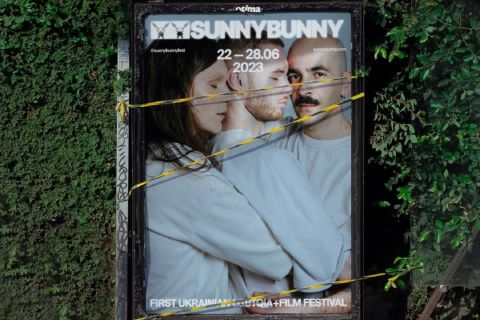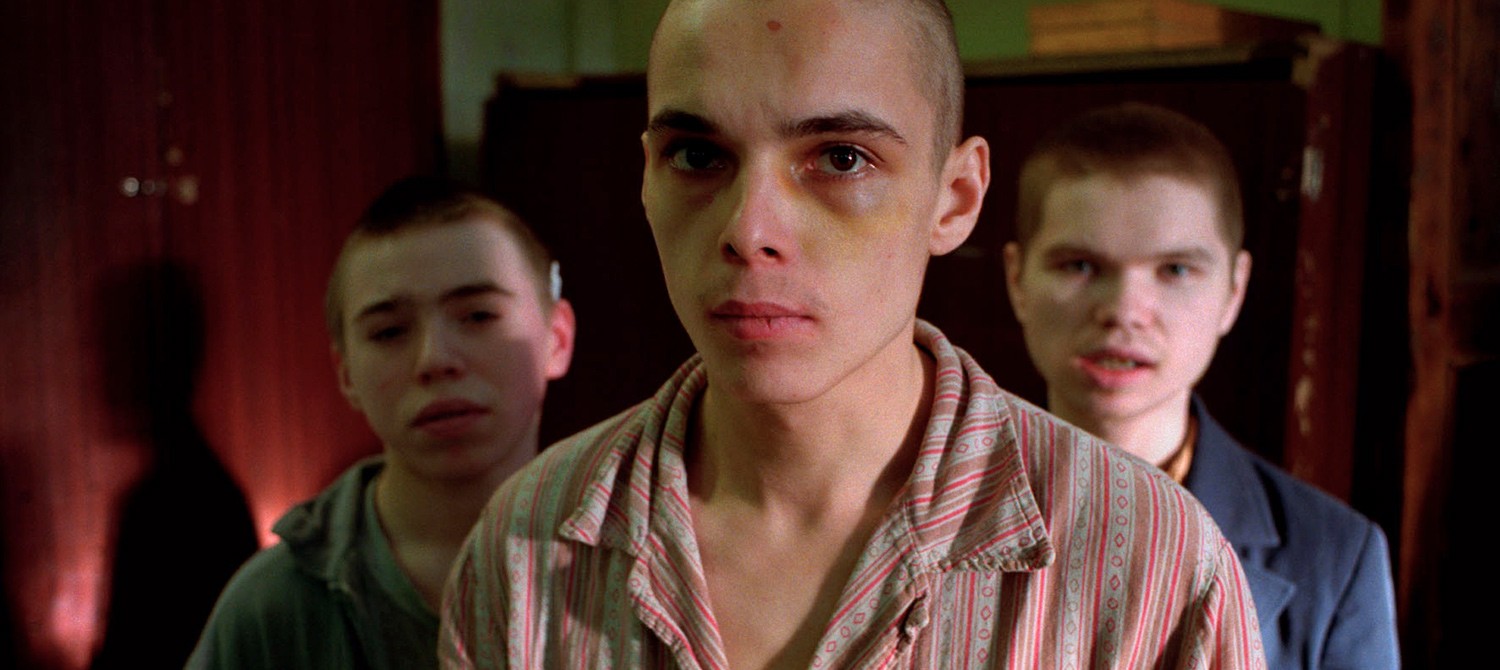
Donald Weber: On the Photographer Who Changed His Life
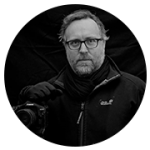
Canadian documentary photographer. Published two books: Bastard Eden, Our Chernobyl — about daily life in a post-atomic world (received the Photolucida award), and Interrogations — about post-Soviet authority in Ukraine and Russia (included in the list of the best photo books, compiled by Martin Parr and Gerry Badger’s multi-volume edition ‘The Photobook: A History’). Recipient of numerous awards and fellowships, including a Guggenheim Fellowship and two World Press Photo Awards. Exhibited his works in galleries all over the world, including the Portland Museum of Art and the Royal Ontario Museum. Is currently working on two projects, one of them being War Sand, about the meaning of war in our modern world. Published in The New York Times, Der Spiegel, Time, Vice, The Guardian, Rolling Stone, and Newsweek.
When I was 26 I was an architect.
Every morning I would come to work and sit behind a big desk.
It was a nice desk made of soft maple wood, set on the top floor of a loft-style building with huge windows. We could listen to music. My friends were jealous; they thought I had a dream job, living the downtown lifestyle, designing buildings, and probably wearing really nice shoes.
But I was miserable. I loathed the commute every day, I hated sitting behind a computer and making buildings and houses and other architectural marvels that really weren’t that interesting. It meant nothing. Something had once excited me — architecture. Now it failed my conception of a meaningful life.
Now I gazed out those loft windows, lost in the horizon of possibility, thinking of what might be out there. Eventually, an ugly condominium was built and my view got blocked. I had had enough.
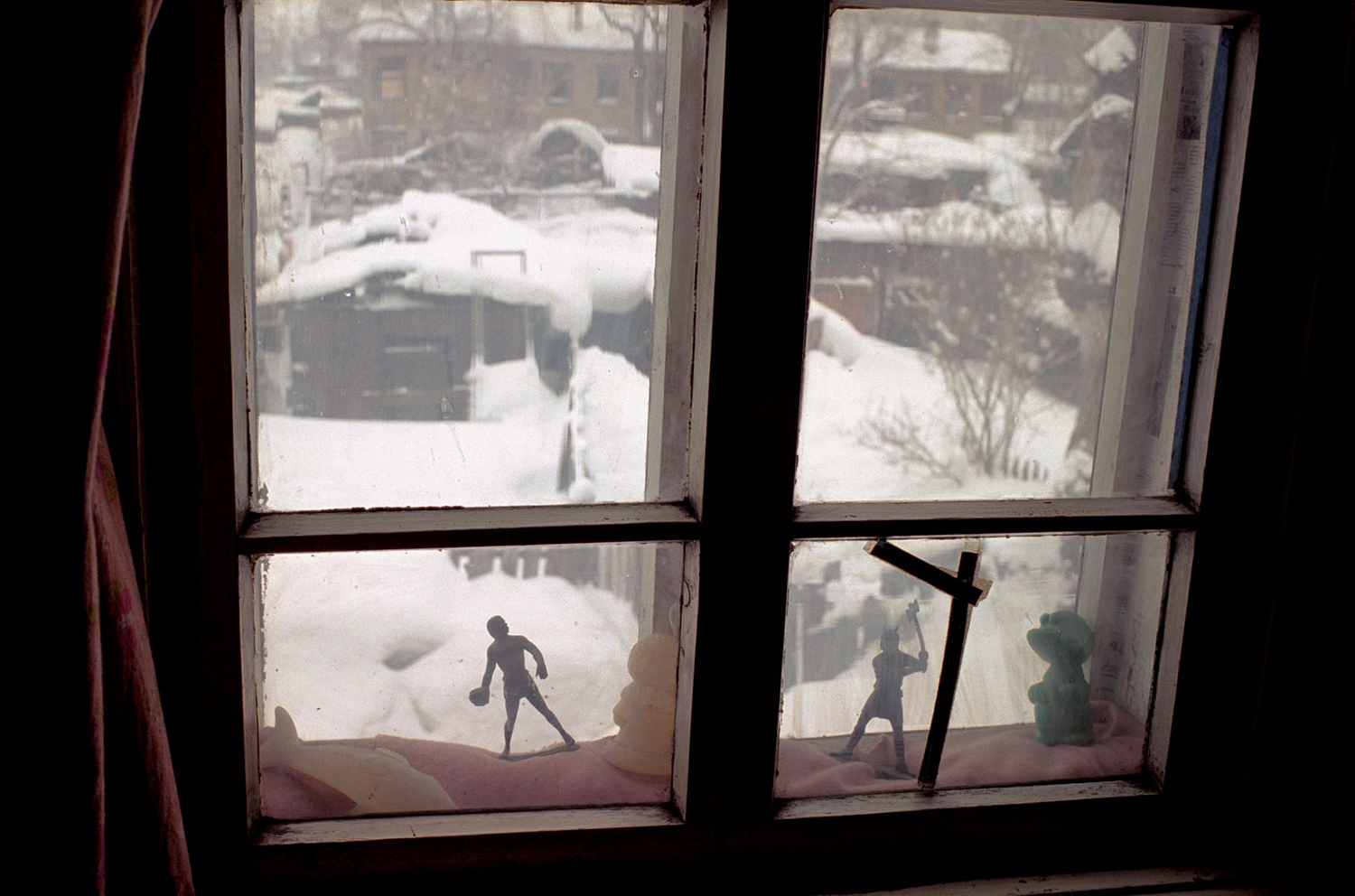
A bit of a look back to the acorn of this story.
In 1984 when I was 11, I was driving with my father when we passed by an ice hockey arena with a sign out front welcoming players from the Soviet Union. My father leaned over, and whispered: “Those people don’t have any butter.” I had no idea why he whispered; we were alone in the car.
I recall thinking, what a stupid thing to say. Perhaps my father wasn’t the all-knowing Dad that until that point he had proved to be. But it made me ask a simple question, something I still frequently invoke: “Why?” Why wouldn’t they have any butter? Who doesn’t have butter? There must be reasons.” So I set out to find these reasons. Thirty years later, I am still trying to figure this out.
Another side story, also from my youth. In 1986, age 12, I was bedridden, stricken with pneumonia, unable to move. I had to lie prone and listen to the radio. I was convinced at that time that we, meaning we in Canada, USA, Europe, were all going to die in a nuclear catastrophe of some sort. Likely a nuclear war. In Canada we would die in the crossfire between the Americans and Soviets. On television, there were constant reminders that our world was precarious, nuclear winter was upon us. Tests of the emergency broadcast system, films like The Day After and Red Dawn, covers of Time, Newsweek and other news magazines proclaiming imminent death through nuclear destruction, probably war.
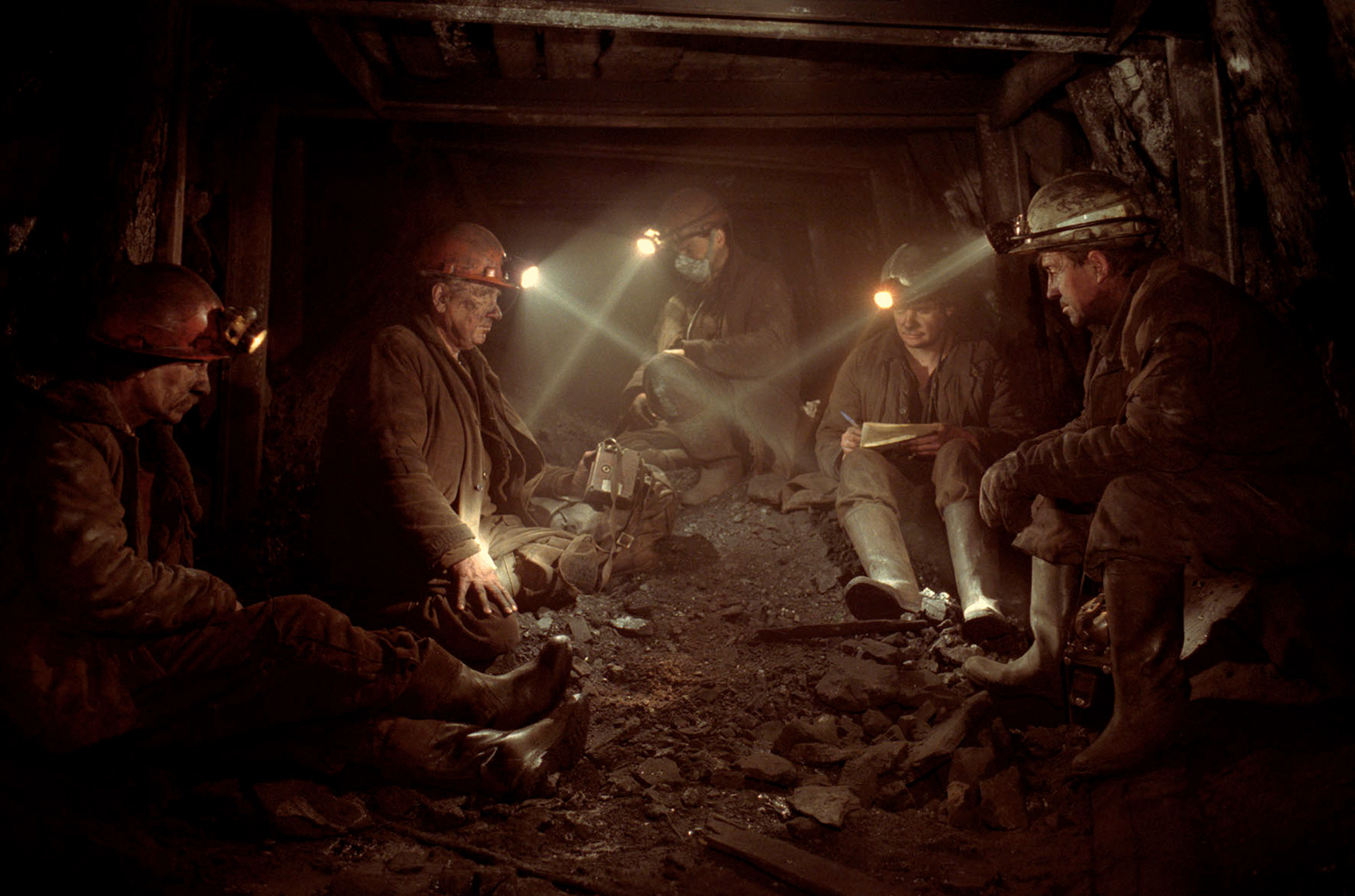
I was a worried lad. Lying in bed with nothing to do did not help console my fears. And so when, a few days after the April 26, 1986, Chernobyl disaster a radio report came across the airwaves, my worst fears were realized: I will die in a nuclear disaster inflicted by the Soviet Union, the same people who didn’t have butter. Why?
In the movies, they call this an origin story. So my origin story, being fascinated by all things Russian, Soviet and communist, was founded. From that moment I devoured magazines, books, films, anything that related to this world first introduced to me by father and the Soviet ice hockey players. One day, I will see for myself. And I will see it with a camera, making pictures just like I found in the magazines.
That one day came. On my lunch hour, I went to a bookstore. My dormant desire was to be a photographer — or, more particularly, a photojournalist. It was activated in a very simple way. I picked up a book. It was small, tinier than most picture books, and had striking red text in a foreign word I could barely pronounce: Winterreise. How strangely evocative.Winterreise? Winter… travels? Winter… work? Winter… what?
Regardless, I cracked open the book. And there it was, laid bare: my childhood traumas.
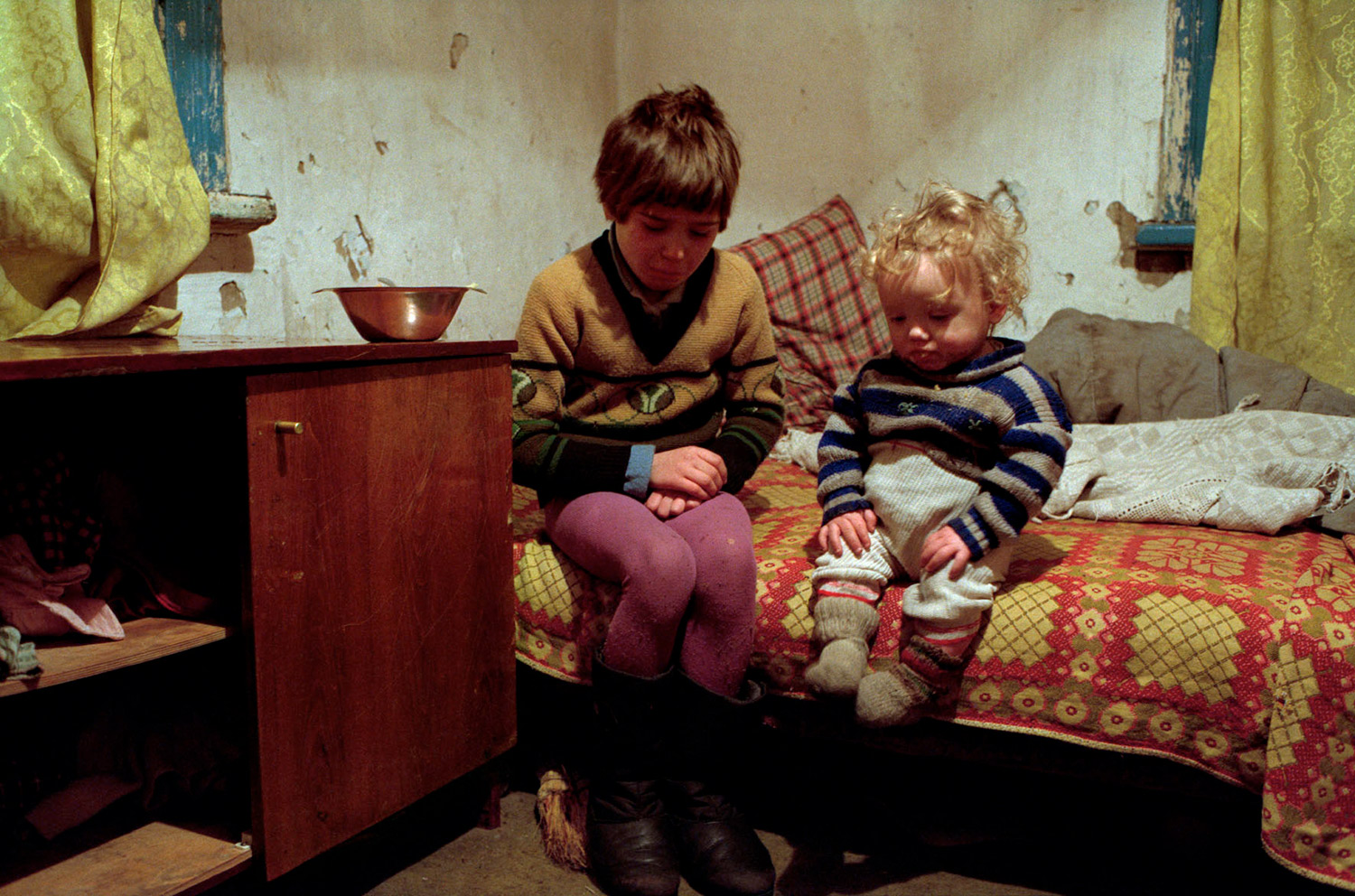
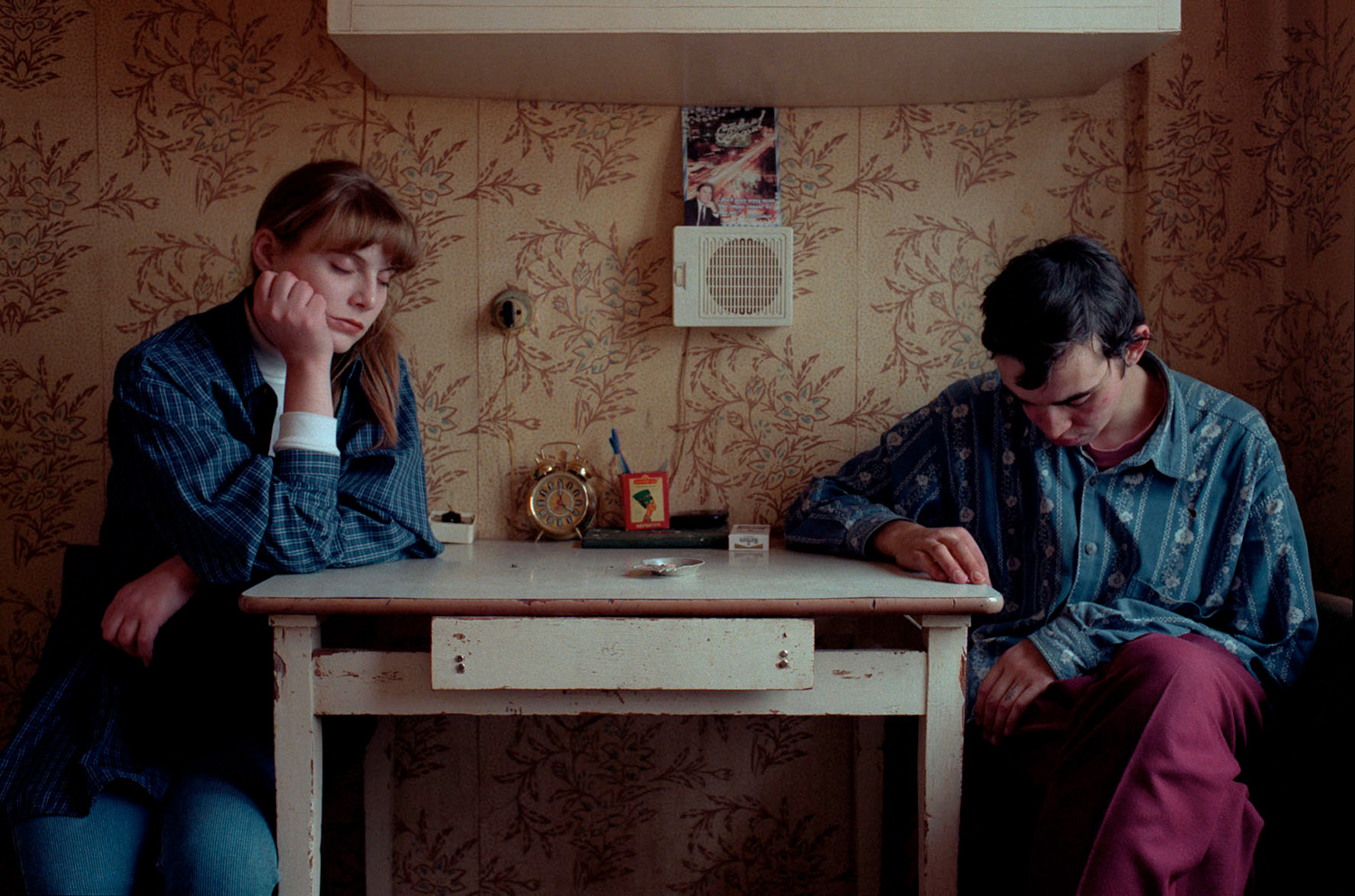
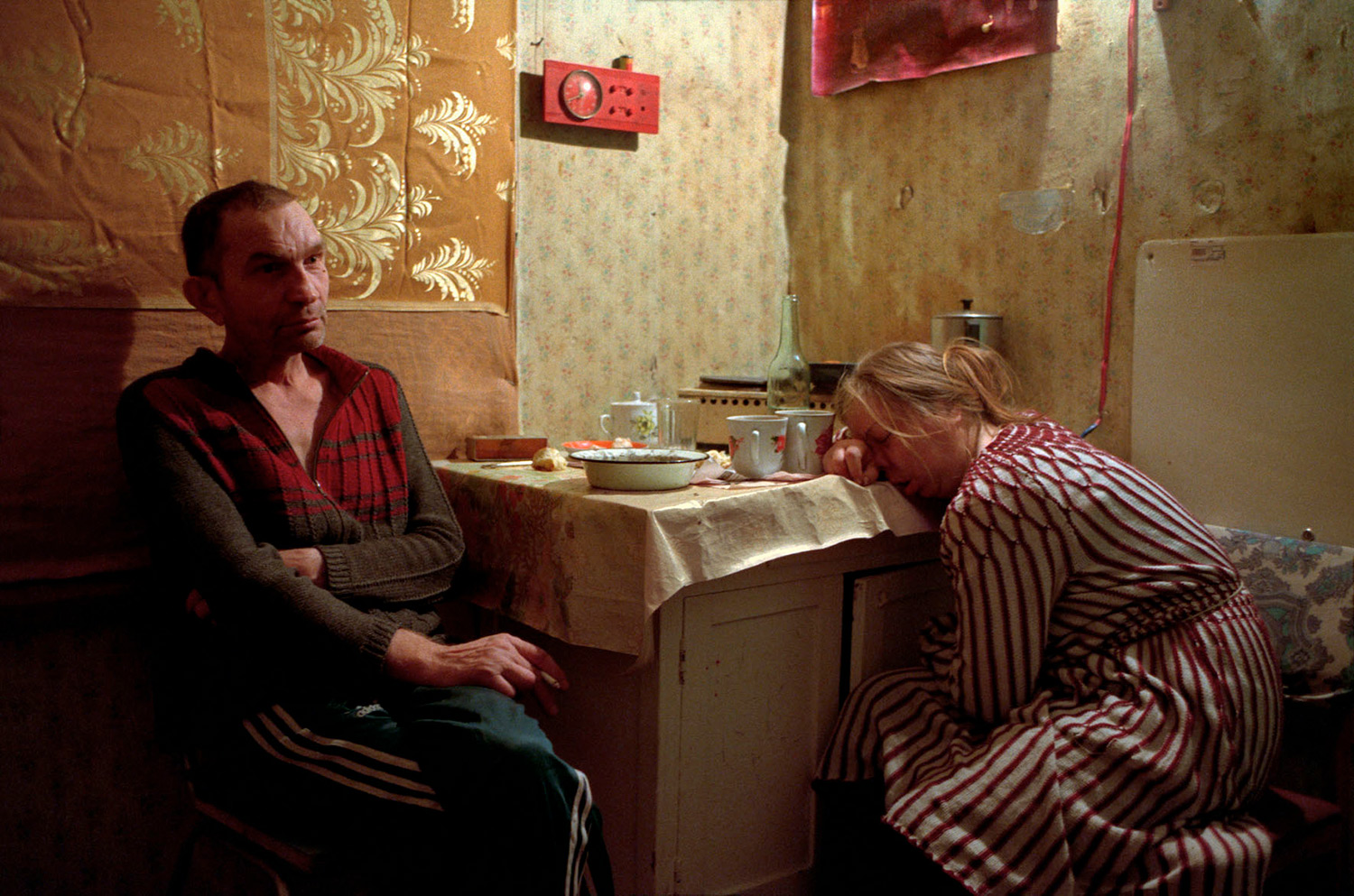
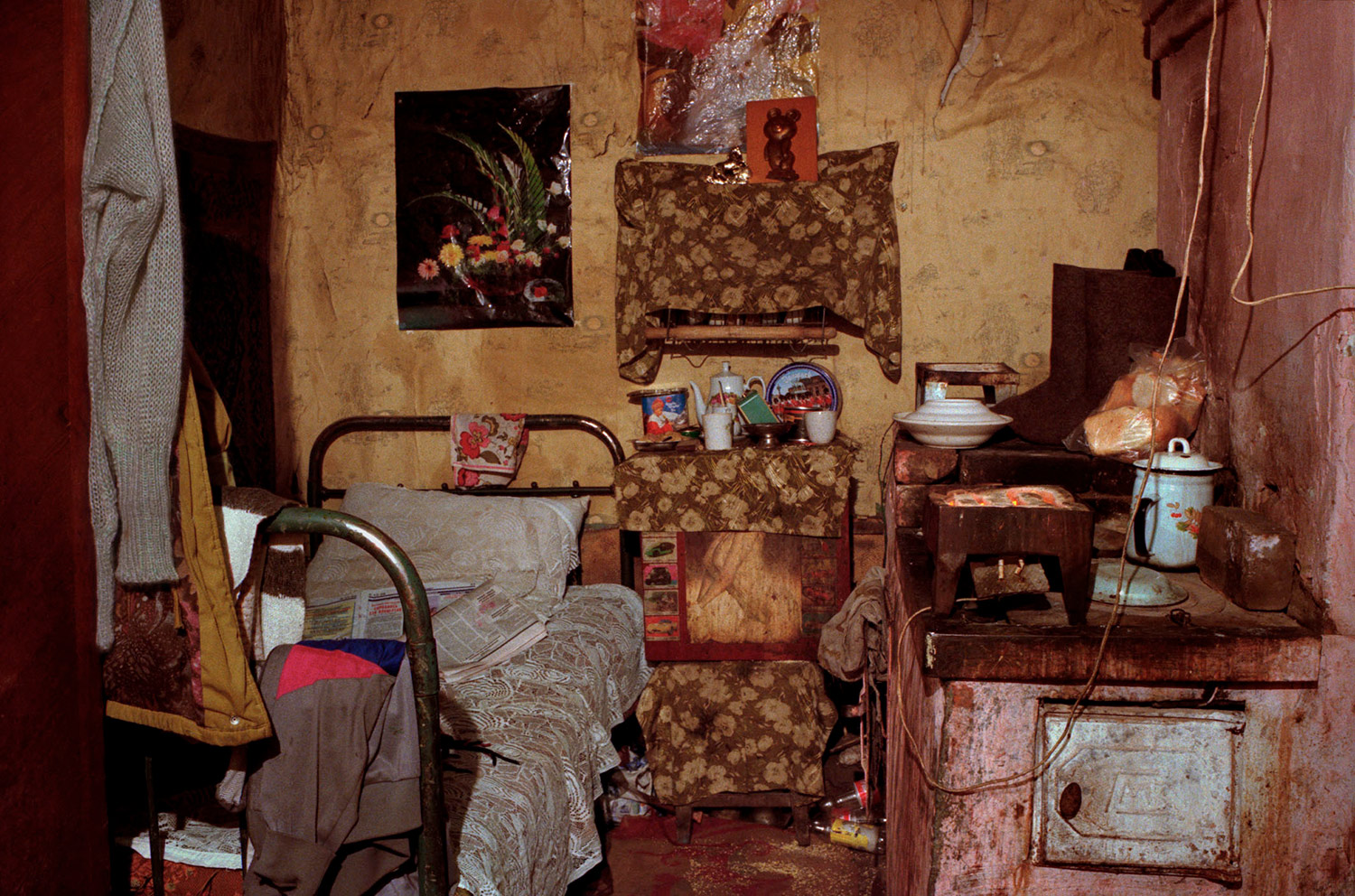
My obsessions and natural proclivities of fear blossomed in dozens of saturated color photographs. It was all there: a funereal march of the destitute, drunks, pretty girls, desolate landscapes caked in snow, murky worlds rendered in low light, a light that we didn’t have in Canada. I finally found the people without any butter. Such empathy exuded from these pages. I bought it, went back to work, and studied the book furtively behind my computer. It was quite obvious what I needed to do. Quit my job.
A few months later, I was in the Sahara Desert, traveling with an ex-punk from Switzerland named Martin who was going to build a bar on the coast in Senegal. I was there to help him. Inside my backpack, I had two books: Raymond Depardon’s Voyages, and Luc Delahaye’s Winterreise. Every day, I would thumb through these books, falling into the worlds they laid out for me. In Delahaye’s case, it was my youth, the quest to understand such potent images. A place I never fully understood, but a physical manifestation of some existential existence discovered in childhood and consuming me ever since.
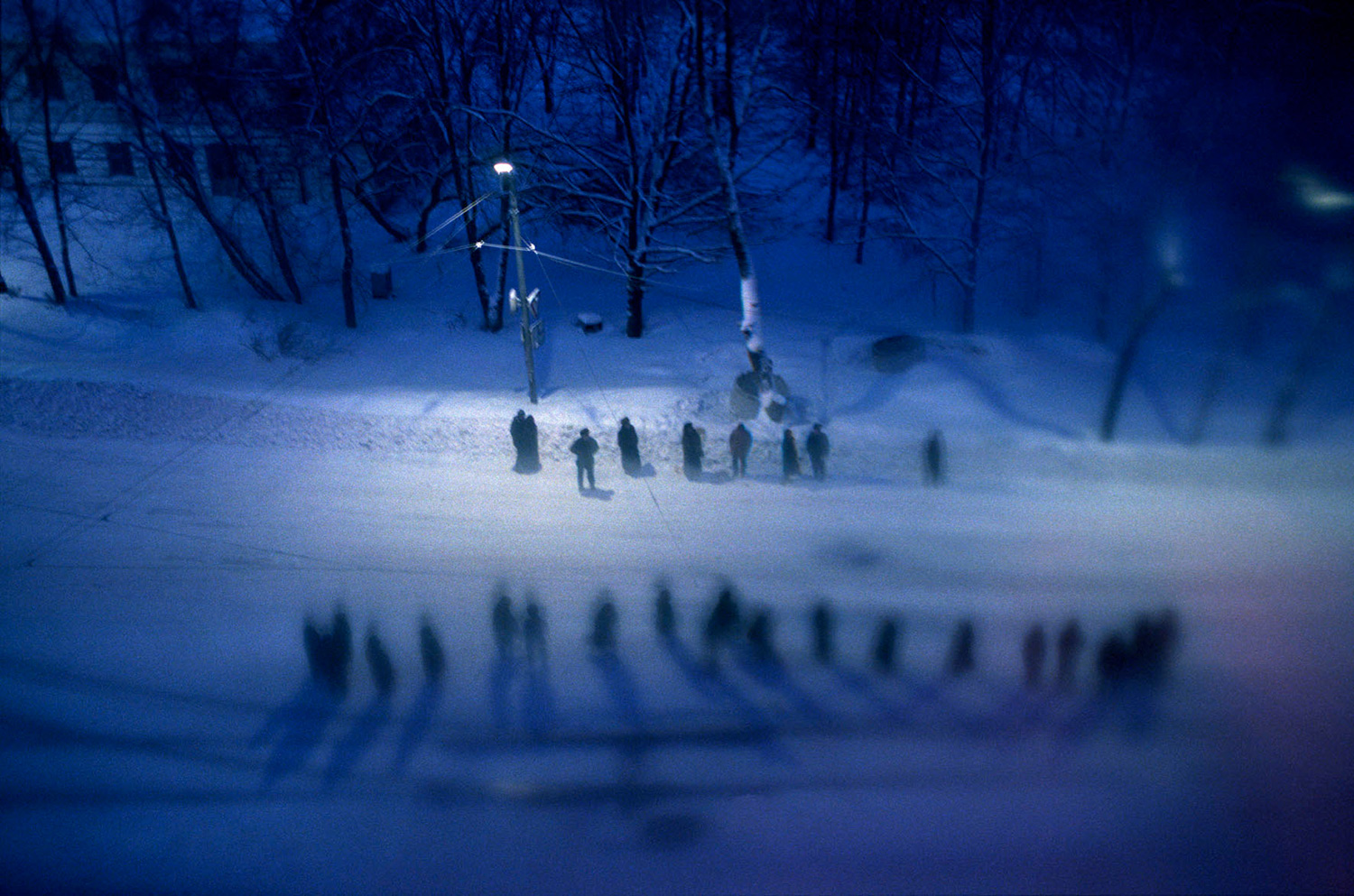
Luc didn’t just make a book, he captured an entire epoch, the post-Soviet world crumbling, and swaths of humanity left in the snow while fancy-suited thieves helped themselves to ever bigger morsels of history. In the idle wastelands criss-crossed by the Siberian Express, the fat fingers of the politicians and oligarchs couldn’t reach it all. Moscow Central might be far away, but it was ever-present in their greed and neglect, depicted in Delahaye’s photos.
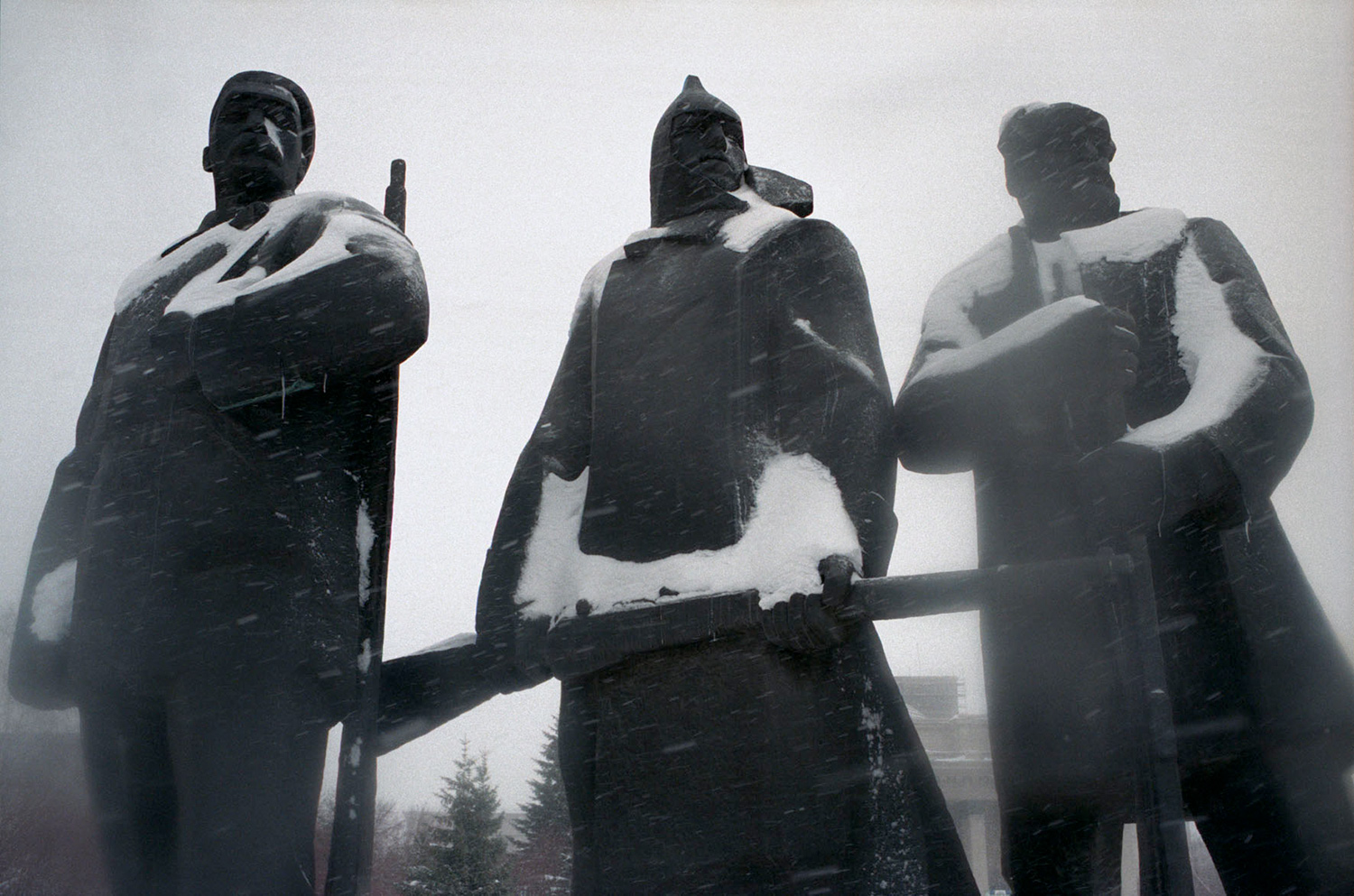
I also sensed it was more than mere reportage: the photographer was involved in his story. Perhaps he, too, like me, was experiencing a crisis of faith, a total reckoning of his own fealty to misguided values and proclamations. I was an architect, he a photographer. We both needed to travel literal distances to figure out what we were doing, and why.
Winterreise is also the title of Schubert’s song-cycle, composed in 1827 as he was dying of syphilis. In conversation with a friend, Schubert needed to contradict his weakening mental and physical states, because “life had lost its rosiness and winter was upon him.” Schubert’s Winterreise is not unlike a tragic opera, it is not just merely a collection of songs upon a single theme, but is in effect a one single dramatic monologue. Delahaye’s Winterreise, too, can be seen in this light. His book is not just a collection of images based upon a theme (tragic post-communism, curse of power, etc.) — it also follows the literary or musical form of a dramatic opus, a kind of sacred exhilaration. This is the photo-book as novel. Delahaye, like Schubert’s wanderer, embarks on a journey through a winter landscape that leads him to question his identity, the conditions of his existence — social, political and metaphysical — the meaning of life. And it’s done with light and shadow, moving between sardonic humour and depressive longing.
While Luc wandered through the torrent snow, I was baked into desert sand. But I knew what he was saying, and he was saying it to me. “Don,” Luc beckoned, “it’s time to reckon with your life. Stop gazing through windows and find your own view.”
And so I did.
That book still has deep relevance to me today, over fifteen years since I first pulled it off a bookshelf. Winterreise is the ultimate expression of how pictures can bend the melody of images, making words superfluous. We encounter fragments of humanity, and our compassion is complex, but what ultimately complicates everything is a persistent fear that this lonely, unkempt traveler could be any of us.

